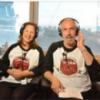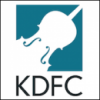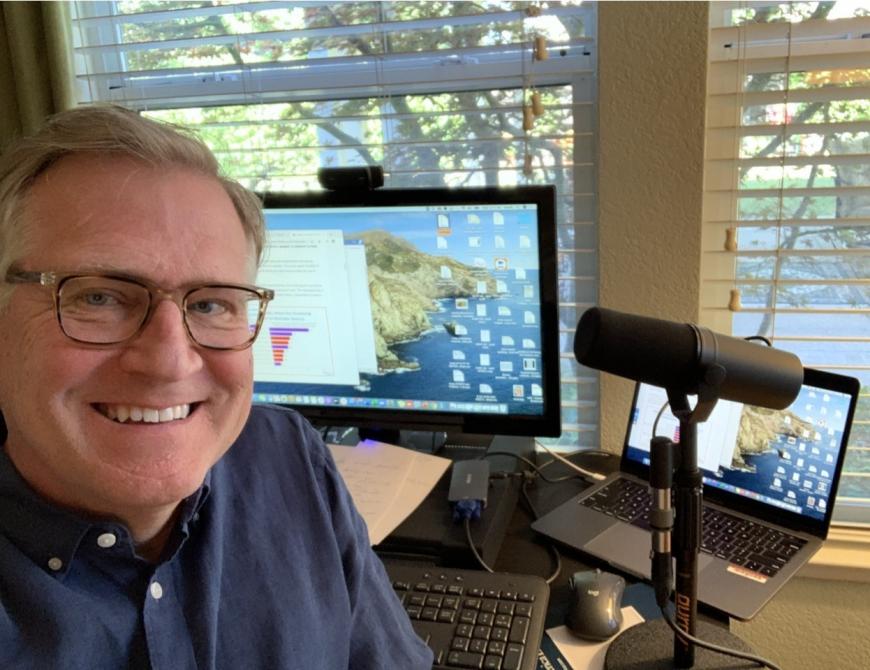
Bill Lueth, president of KDFC and a major force in Bay Area classical radio broadcasting over the past two decades, was recently inducted into the Bay Area Radio Hall of Fame in the category of management. Lueth now joins celebrated KDFC hosts Dianne Nicolini and Hoyt Smith, both added to the roster in 2016. The award recognizes his trailblazing career and the philosophy he has taken toward broadcasting: As he likes to say, “We’re not a classical radio station; we’re a radio station that plays classical.”
Lueth is a trumpeter, holds a master’s degree in opera performance, and is the self-professed “guy who made the mixtapes for the high school and college parties.” He began his career in the Bay Area in 1989 when he became a DJ on a classical radio station. When that station was sold, he became a news anchor, and was soon sucked into offering play-by-play commentary on the O.J. Simpson trial. Hankering to return to his musical roots, Lueth joined KDFC — originally founded in 1948 — in 1997, when it was an automated station playing rotating tapes.
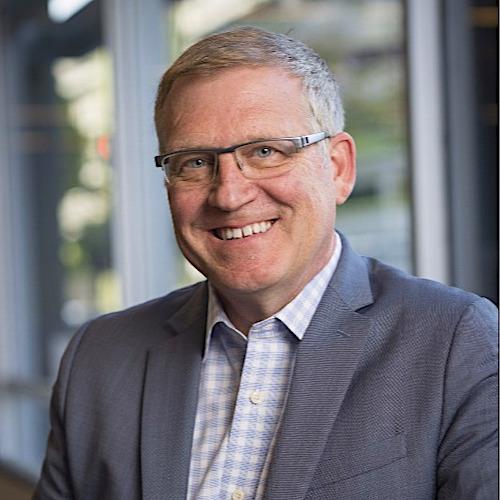
The new owners who had taken over KDFC wanted the station to have live hosts and programming, and Lueth, who began hosting mornings, was a key player in the station’s success in making that transition. By 1999, two years after Lueth joined, KDFC had become the top-rated music station in San Francisco as a classical-music station — a feat that had been virtually unheard of in other markets. Impressed with what he had pulled off with KDFC, Lueth’s managers appointed him to serve as VP of Operations and Director of Innovation. They wanted him to apply his insights into radio in different formats too.
“I didn’t take an intellectual approach to it — I took a, ‘people like to listen to music’ approach,” Lueth says. “There were a lot of people left off the table, [people] who love the sound of classical music but are intimidated by it. I had been on both sides — I was a classically trained person, and I was also a very mainstream music person. I think it’s probably a blend of those two parts of my makeup that helped me in my career.
Lueth has strong convictions about what helped KDFC achieve popular success. First, he believes that its radio hosts should sound like other radio hosts, not like instructors, which was the case at so many other classical radio stations. He trained himself and other hosts to sound like “regular people” with personalities.
Second, the station “programmed by sound, not by title.” Lueth rigorously tested the different sounds, eras, and instrumentations of classical music for the broadest appeal. He sought to understand how people listened to radio in their everyday lives, and programmed music accordingly. People didn’t listen to radio in the same way they listened to music in a concert hall, and Lueth believed that the music on air had to reflect this reality.
Third, KDFC ran promotional campaigns and segments on the station. One positioning statement goofily branded the music the station played as “seriously great music without all the seriosity,” and one segment that played during the presidential election pitted composers against each other and imagined what their campaign music might have sounded like. Finally, Lueth says, “We ended up with just great chemistry.”

Lueth has faced some pushback during his career — it’s simply impossible to please everyone, he has learned — for catering to a broad audience and abandoning “serious” music. He remembers a headline written by the San Francisco Chronicle music critic on KDFC’s programmatic approach at the time: “Popularity at a Price.” Yet at this point in his career, Lueth is more-or-less unfazed by the criticism, and accepts that not everyone will be happy with his big-tent approach. “I looked at the community service perspective. I just attracted a lot more classical fans to what we do in with classical music in their lives every day, in a way that made me feel proud,” he says.
Despite the fact that KDFC had one of the largest classical-radio audiences in the country, the company decided in 2011 that its signal would flip to classic rock. Suddenly, KDFC’s continued existence was in question. Thanks to funding from the University of Southern California, KDFC was ultimately able to buy smaller signals in Napa, San Francisco, San Jose, and Monterey. The station’s management started from scratch, and dove into an intense fundraising drive. Lueth was central in discussions about the future of the station. Not long after, KDFC went nonprofit.
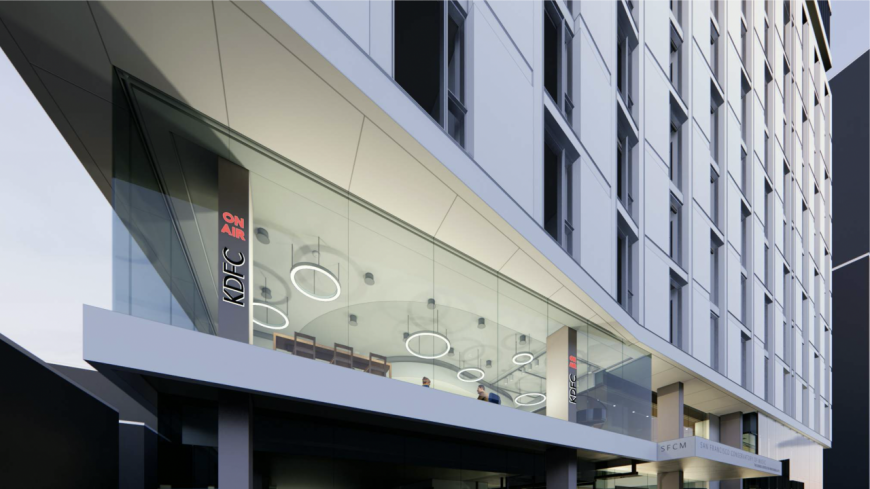
Today, KDFC is on the cusp of an exciting new development: beginning in September, hosts will begin broadcasting from the station’s new home at 200 Van Ness in San Francisco, across from Davies Symphony Hall and in close proximity to San Francisco Opera, San Francisco Ballet, and SFJAZZ.
KDFC’s new broadcast home is located in the SF Conservatory of Music’s Bowes Performing Arts Center. KDFC’s space includes a “living room” space that will harbor a grand piano and can host intimate gatherings between artists who can conveniently drop by for a visit, and will allow KDFC to take advantage of the Bowes Center’s recital hall and 11th-floor concert hall. Lueth anticipates involving conservatory students located right there in the same building as the radio station.
Lueth is excited about the opportunities that KDFC’s new location presents. Referring to arts partners in the area, he says, “We weren't visible to each other, and now we just see each other all the time. That’s really great that we're sort of embedded in the hub of all of it.”
Reflecting on both KDFC’s new home and his induction into the Hall of Fame, Lueth says, “It’s very fulfilling to know that coming from wanting to be a trumpet player and singing in rock bands — my life, looking back on it, knowing that I got to share all this great music with so many people, in this world I ended up in accidentally — that’s really great.”


